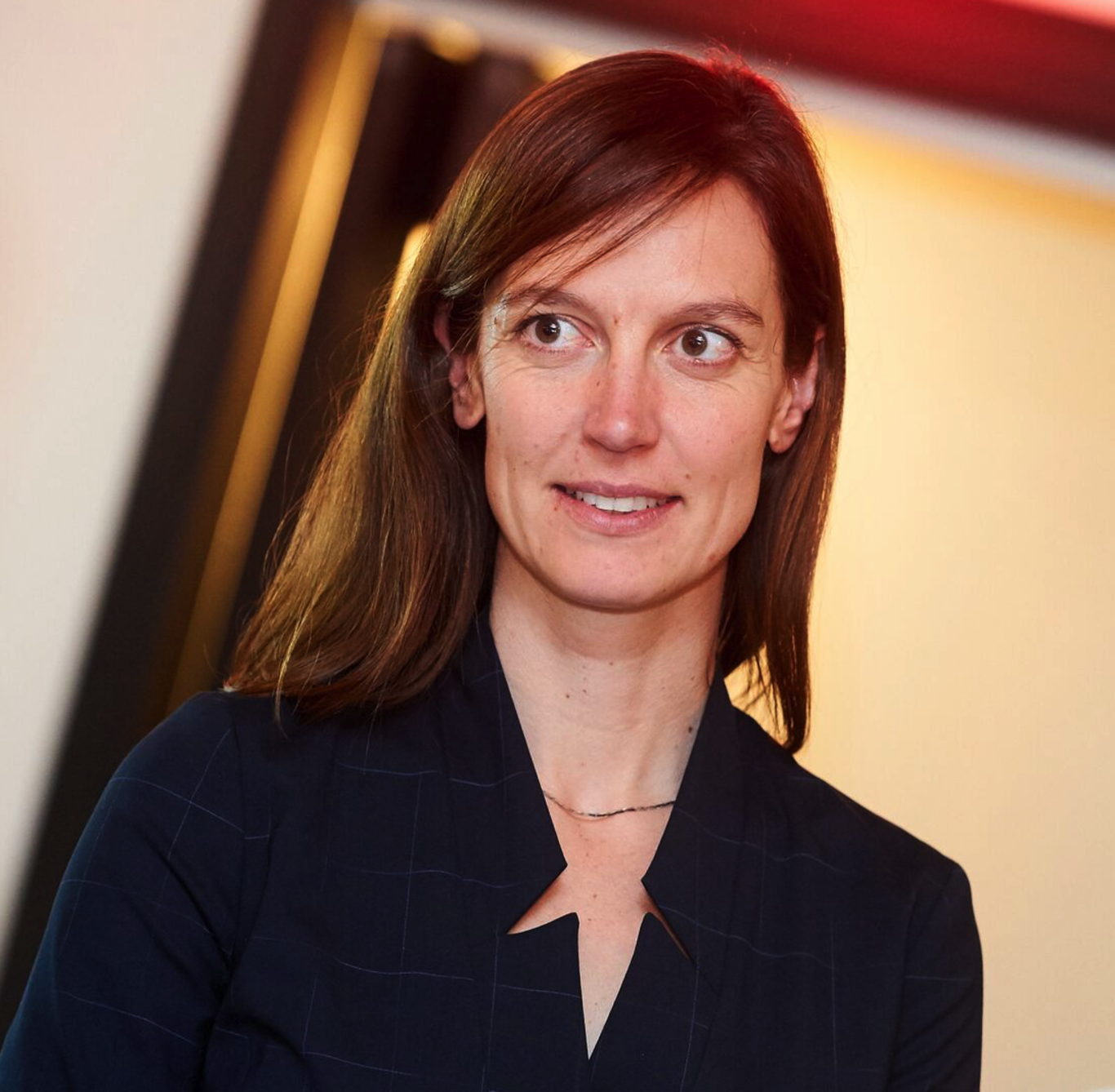Payments firm Circle is applying for an Irish licence to protect itself from Brexit
The company has applied for e-money authorisation to ensure continued European operations.
IN A BID to shield itself from the impacts of Brexit, payments firm Circle is applying for an e-money licence in Ireland.
An e-money licence allows companies to carry out electronic money transactions.
While Circle’s European headquarters are in Dublin, it is formally licensed in the UK by the Financial Conduct Authority. This allows financial services firms to passport their licenses across Europe rather than seek approval country to country.
However Brexit throws much of this into disarray as it remains unknown if UK-certified companies will continue to be able to passport across Europe.
“With Brexit we are still the unknown, floating about. Does it mean you passport or not passport?” Circle’s MD for Europe Marieke Flament told Fora.
“We’re not standing still and waiting, we’ve put (in) an application and are working with the Irish equivalent of the Financial Conduct Authority to get that through.”
The application, which is an ongoing process with the Central Bank of Ireland, will help Circle maintain its footprint in Europe, she said.
“It’s very important when you build international operations like ours, and from Ireland, that you’ll still be able to passport the rest of your license.”
Flament has put no specific timeline on when she expects the company to be licensed in Ireland but explained that the company is in the midst of all the paperwork.
“It’s a process that we understand. In the US for example, we’ve had to do that process 50 times because you have to go through every different state,” she said.
Certainty
Speaking at the MoneyConf event yesterday, Taoiseach Leo Varadkar said that he was aware of many fintech and payments companies seeking licenses here.
“I believe in that regard Ireland offers real certainty as firms authorised here to carry out certain regulated activities may passport this authorisation into other EEA states,” he said.
Brexit is putting pressure on companies to come up with back-up plans, Flament said.
“For a lot of governments you get a lot of applications coming in,” she said, adding that it may put some pressure on regulators to process all of these new applications.
“It can be a constraint but so far so good (in Ireland) and we’ve been able to have the right level of conversation to answer any doubts or questions that are arising.”
Circle develops payments solutions using blockchain technology. Flament went on say that she would like to see greater clarity from lawmakers in the EU on fintech, blockchain and cryptocurrency around what laws apply where.
This regulation cannot be handled state to state in an effective way, she said.






